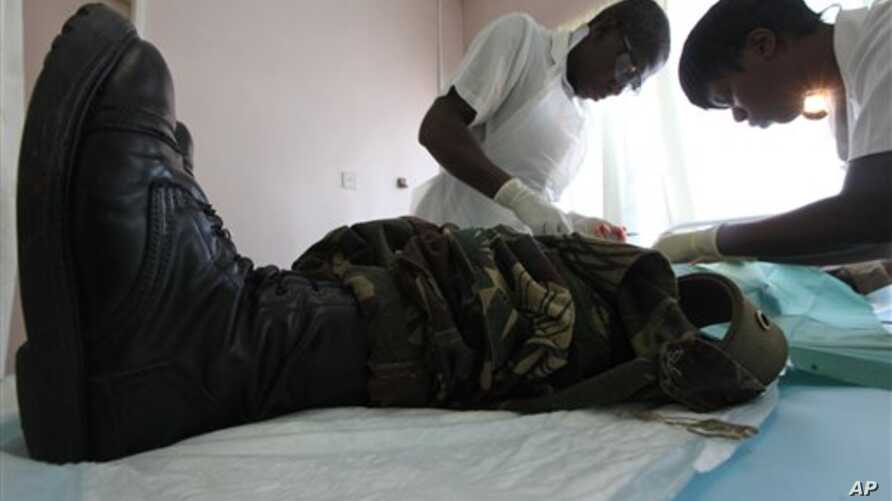Circumcision Vs. Uncircumcised
There are many differences in penises that have had circumcision and those who have not. While the former have many advantages the latter have many disadvantages. The former are more likely to develop cervical cancer, and they have a lower risk of contracting bacterial vaginosis or Chlamydia. There is also a low chance of developing HIV or penile cancer. New research is questioning the effectiveness of circumcision, despite its many benefits.
Recent research suggests that circumcision may increase HIV risk by as much as 60%. However these studies were done on heterosexual men and therefore are difficult for other cultures to relate to. Parents and doctors are now choosing to forgo the circumcision to opt for an uncircumcised baby. Some doctors even refuse to perform the procedure as they consider it cruel. Modern hygiene has made it possible to circumcise babies without delay.
Some babies may not have their circumcision done until they leave the hospital. This is especially true for premature babies and those with physical abnormalities of penis. The foreskin can be used to reconstructive surgery. A circumcised baby is also less likely to get a urinary tract infection. Uncircumcised males are 10x more likely than those who are circumcised to get a UTI. Only 1% of uncircumcised males experience a UTI. A 2007 study showed that circumcision lowers the risk for cervical cancer.
The procedure doesn’t prevent HPV which is responsible for most cases of cervical carcinoma. It does not protect against chlamydia or syphilis. The former may increase the chance of getting pregnant by reducing the number and quality of partners. It is important that you are aware of the possible risks associated with a circumcised genital. The decision to undergo circumcision is a personal choice. It can be a religious, cultural, or medical ritual.
However, it does nothing to affect the health of a baby. The procedure can be performed in a hospital nursery or within 10 days of the baby’s birth. It takes about ten minutes to perform. It can also affect a man’s sexual pleasure or general hygiene. The process of circumcision is not harmful for the child. It can actually benefit both the man’s and the partner’s health. The circumcision removes the foreskin from the penis. The circumcised penis is less noticeable to female partners. The mother is not affected by the pain of having surgery.
However, it can cause pain to the child. The AAP recommends all circumcised males receive pain medication before they undergo their circumcision. Some parents argue that they don’t have the right to choose circumcised men. Research has shown that male circumcision is not associated with any negative effects. The procedure is generally inexpensive and does not cause any lasting damage. Anesthetics are used to make the procedure painless. The American Academy of Pediatrics recommends circumcising boys by the age of 4.
Avoiding the risk of cervical carcinoma is the main reason for circumcising a boy. This type of cancer is highly unlikely in circumcised men. They are also less likely have problems with their reproductive organs. Women prefer male circumcisions. However, men who wish to have their penis trimmed should weigh the advantages and disadvantages. The benefits of a circumcised penis is well-known. The child’s ages will affect the benefits and drawbacks to circumcision. Premature babies, for example, may not be circumcised once they have left the hospital.
Some people with physical abnormalities of the penis might not be circumcised until they reach adulthood. There is another difference between uncircumcised and circumcised boys: the former are more likely to get a bacterial infection than uncircumcised infants. Although there is limited research on circumcision’s effect, it is generally recommended for men. Although circumcision can reduce the risk of certain sexually transmitted diseases for both the man and his female partner (and vice versa), it does not reduce the risk of cervical carcinoma in women. Despite the risks and benefits of circumcision, a boy who has never been circumcised does not have a greater risk of developing cancer.

